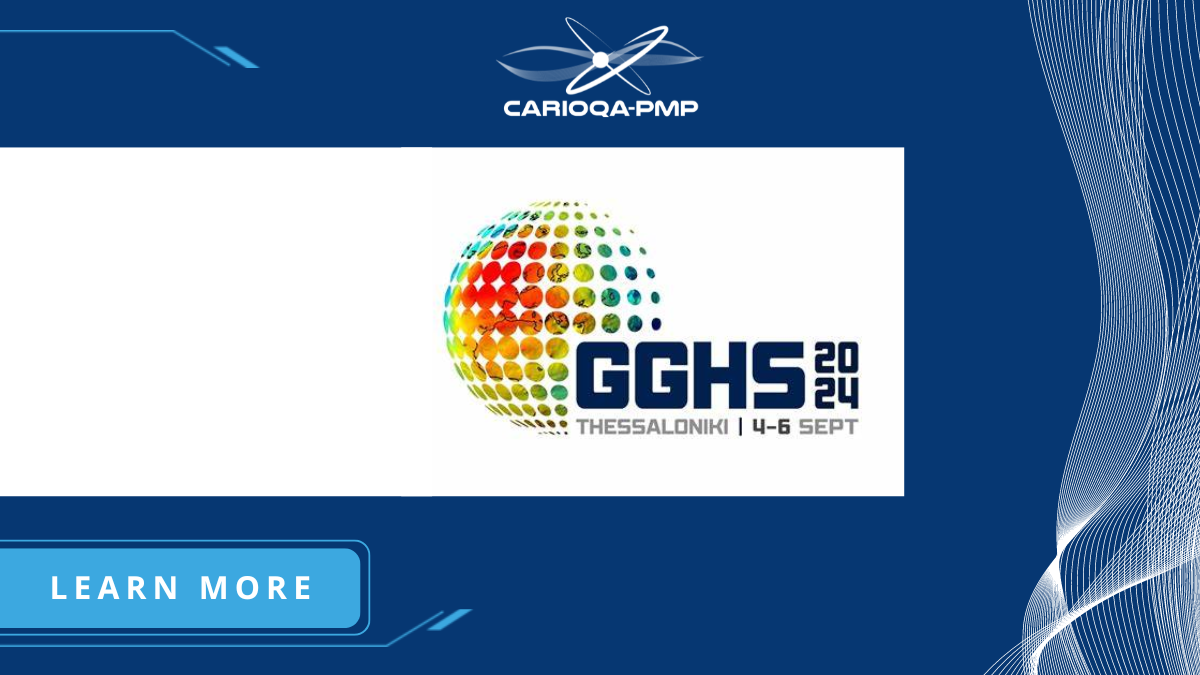The Global Geodetic and Geophysical Symposium (GGHS) 2024, which took place few weeks ago, featured notable contributions from CARIOQA-PMP partners, highlighting their advancements in quantum technologies for satellite gravity missions.
Throughout the conference, CARIOQA-PMP researchers presented several groundbreaking studies:
- Poster Presentation by LUH and Partners: Annike Knabe, Manuel Schilling, and their team presented “Cold Atom Interferometry Accelerometers for Future Satellite Gravity Missions.” The poster explored the potential of cold atom interferometry to significantly enhance satellite-based gravity field recovery, showcasing the technology’s promise for future space missions.
- Poster by TUM: Katharina Lechner, Thomas Gruber, and Roland Pail shared their insights with the poster titled “CARIOQA-PMP: Preliminary Results of Post-Pathfinder Mission Scenarios Simulations in Context with Earth Observation User Needs.” Their work focused on simulation results that could inform the design of future missions aligned with the evolving requirements of Earth observation.
- Presentation by LUH and Partners: Alireza Hosseiniarani and his colleagues gave a presentation on “Comprehensive In-orbit Performance Evaluation of Quantum Sensors for Future Satellite Gravity Missions and Space Navigation.” This study provided a detailed evaluation of quantum sensors’ in-orbit performance, essential for improving satellite-based navigation and gravity measurement.
- Presentation by DTU and Partners: Although the presentation “Quantum Gravimetry in Space: How Space Debris Will Affect the Gravity Field Recovery” was possibly retracted, the study by Barbara Jenny and her team addressed the crucial issue of space debris and its potential impact on the accuracy of quantum-based gravity field recovery.
- Polimi Presentation: Lorenzo Rossi and his team from Polimi presented “Gravity Field Determination by the Space-wise Approach in Quantum Future Mission Studies.” Their research focused on using quantum technology to enhance gravity field determination in upcoming space missions.
The event was a major success for CARIOQA-PMP, as the partners demonstrated their leadership in the field of quantum gravimetry and its applications to future satellite missions. The consortium’s contributions at GGHS 2024 underscored the importance of these emerging technologies for Earth observation and space navigation, setting the stage for future innovations in the sector.




